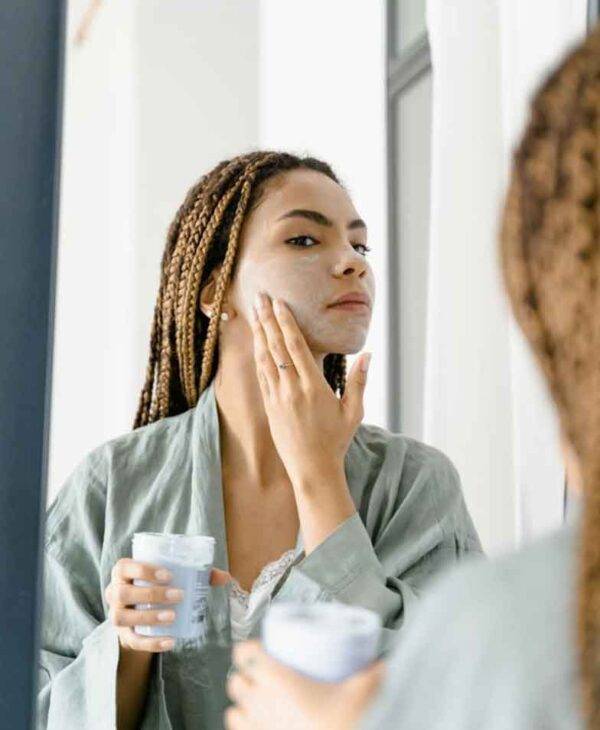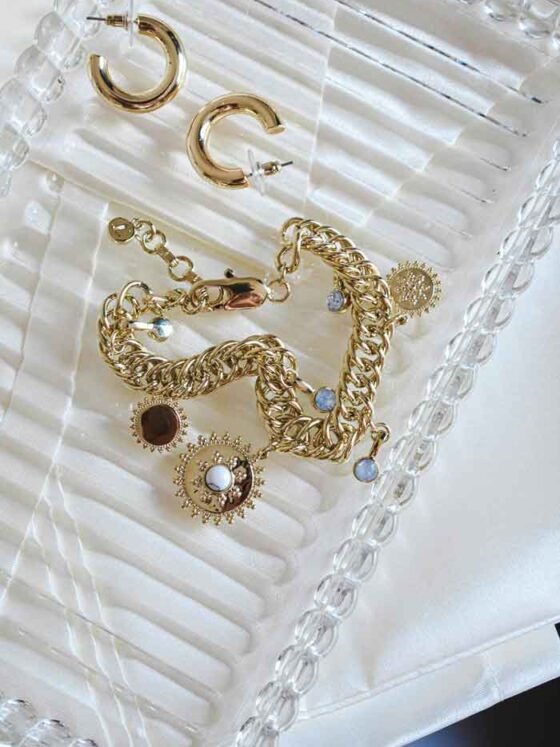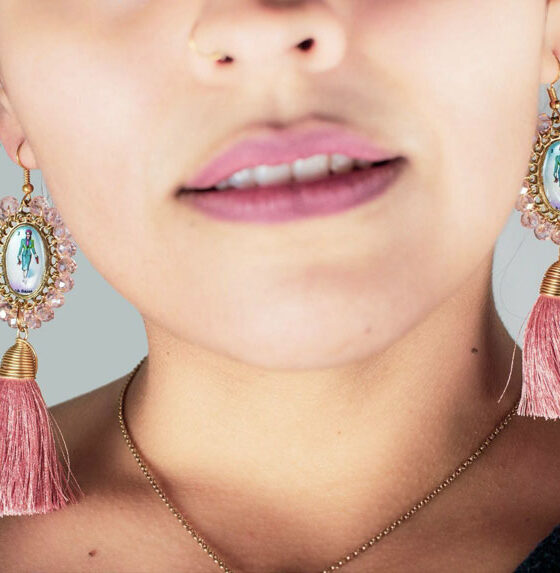There’s a powerful link between looking good and feeling good, a connection that many people experience daily, even if subconsciously. While society often emphasizes outward appearances, the relationship between self-presentation and emotional well-being goes beyond superficiality. In fact, feeling good about how we look can boost confidence, improve mood, and even enhance our mental and physical health.
The Psychology of Self-Presentation
The idea that looking good affects our emotions is rooted in psychology. Self-presentation—the way we choose to appear to others—plays a significant role in our self-esteem and confidence. When we feel that we look our best, whether that’s by dressing in clothes we love, grooming, or taking time for skincare, we often feel more self-assured and empowered. This feeling can change how we engage with others and respond to situations, leading to improved social interactions and a heightened sense of belonging.
Psychologists refer to this as the “look-good, feel-good” effect, where outward appearance positively affects our inner world. It’s not just vanity; it’s the impact of self-care and self-investment. When we take time to care for our appearance, it’s an affirmation of self-worth, leading to an increased sense of personal value. These seemingly simple actions signal to our brain that we are taking care of ourselves, which can elevate mood, foster resilience, and reduce stress.
Confidence and Self-Esteem
Confidence is closely tied to self-esteem, and there’s no doubt that feeling good about how we look can enhance both. When people look in the mirror and like what they see, they’re more likely to have a positive outlook on their capabilities and worth. This is particularly impactful in social or professional settings. For example, wearing a well-fitting outfit, having a fresh haircut, or feeling polished often allows people to engage with others more openly and assertively. In this way, how we look directly influences our behavior, encouraging a more confident and outgoing demeanor.

Conversely, when we neglect our appearance or don’t feel good about how we look, it can have a negative impact on our mental health. Poor self-perception can lead to feelings of inadequacy and even isolation, as people may withdraw from social interactions or feel uncomfortable in public. Therefore, self-care practices that enhance appearance—like exercising, dressing well, or practicing good hygiene—can help boost self-esteem and foster a more positive self-image. If you are self-conscious about aging, then you might even consider a Chicago face lift to help increase your self-esteem.
Physical Health Benefits
Interestingly, the connection between looking good and feeling good isn’t limited to emotional or psychological effects; it can also impact physical health. Engaging in healthy habits, such as regular exercise, drinking plenty of water, and eating nutritious foods, not only improves physical appearance but also contributes to physical well-being. For example, exercise releases endorphins, known as “feel-good” hormones, which enhance mood and reduce anxiety. Proper hydration and diet can also contribute to clear skin, higher energy levels, and better sleep—all of which contribute to both looking and feeling good.
A Holistic Approach to Wellness
The link between looking good and feeling good underscores the importance of a holistic approach to wellness, where physical, emotional, and mental well-being are interconnected. When people take time for self-care, both in physical upkeep and emotional nourishment, they’re investing in their overall well-being. It’s important to remember that “looking good” is subjective and can mean different things for different people, so the goal isn’t perfection but rather personal satisfaction.









